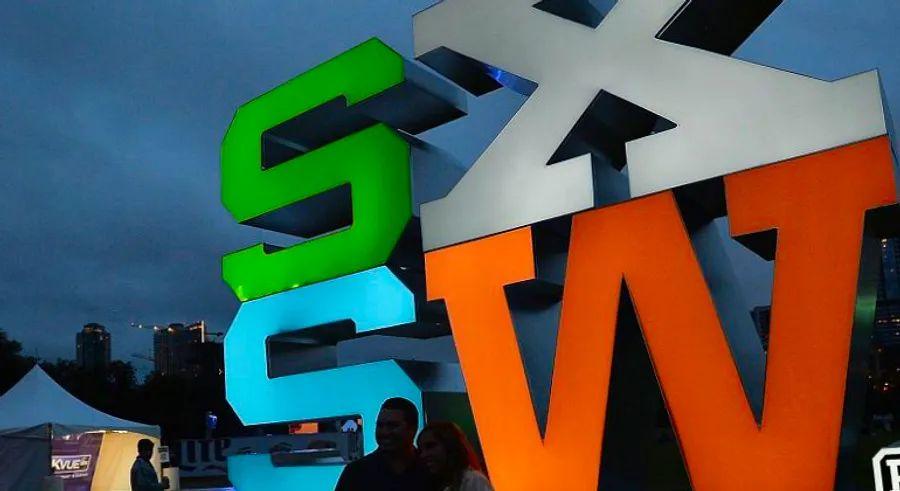Seeking a coronavirus-related refund for your hotel or rental? It’s not so simple

Michael Moldofsky reserved a spacious seven-bedroom home in Austin, Texas, well in advance through vacation rental platform VRBO.
The consultant from Los Angeles was set to attend Zoholics, an annual software conference, but Austin has now declared a state of emergency due to COVID-19 concerns. The event, along with SXSW, has been canceled.
“I haven’t been offered any help that I know of,” Moldofsky says. “Now, I’m stuck relying on the vacation rental’s policies.”
As the pandemic continues to spread, travelers worldwide are either canceling or rethinking their trips.
If a cancellation happens, securing a refund for a hotel or vacation rental can be tricky, as policies differ greatly across companies. VRBO’s official statement on COVID-19 highlights that their 'Book with Confidence Guarantee' does not cover 'force majeure' situations, like weather disruptions, natural disasters, or construction issues.
On the other hand, Airbnb has expanded its 'Extenuating Circumstances Policy' to include travelers heading to or from China, South Korea, and certain parts of Italy. However, many others are still left without protection, including those who planned to attend SXSW in Austin.
Tommy Mariani, a New Yorker, had booked a rental via Airbnb for SXSW. After receiving an email from event organizers announcing the festival’s cancellation, he promptly canceled his accommodation booking.
As the pandemic continues to evolve, the situation remains dynamic, with policies frequently being revised. If you're considering canceling your trip, here’s what you should know about securing a refund:
Is it possible to get a refund on VRBO or Airbnb?
When booking through Airbnb, travelers are subject to one of six cancellation policies, which range from flexible to very strict. These terms are determined by the host.
However, Airbnb has revealed that certain cancellations related to COVID-19 may be eligible for a refund under their 'Extenuating Circumstances Policy.' If the website detects that a traveler is going to or coming from a high-risk area, it will automatically generate a message allowing the booking to be canceled without penalties.
Current qualifying regions include mainland China, the Lombardy, Veneto, and Emilia-Romagna areas of Italy, and South Korea. Airbnb does not operate in Iran, which has been heavily impacted by COVID-19.
Even if you aren’t traveling to or from a region that automatically qualifies for a refund, you may still be able to get your money back.
According to Airbnb's policy, travelers can qualify for a refund under the extenuating circumstances clause if they need to cancel due to government regulations or if their transportation is canceled because of COVID-19. Additionally, anyone diagnosed with or suspected of having COVID-19 can also be eligible for a refund.
VRBO, the vacation rental platform, has not introduced any COVID-19-specific exceptions to its cancellation policy.
Is it possible to get a refund for a hotel stay due to coronavirus?
Cancellation policies can vary greatly between companies, and many hotel chains have been updating their policies in response to the pandemic. However, even in recent updates, the regions eligible for refunds have not fully aligned with the CDC’s guidelines.
Marriott, the largest hotel chain globally, is removing cancellation fees for travelers going to or from certain affected regions. (Iran is not included on the list.)
Choice Hotels, which includes brands like Sleep Inn and Rodeway Inn, informed Dinogo that travelers going to or from China can cancel without penalty for stays through March 31.
Wyndham Hotels & Resorts, which operates brands like Howard Johnson and Travelodge, issued a statement allowing penalty-free cancellations for travelers going to or coming from China, South Korea, and Italy, provided they booked directly with the company.
InterContinental Hotels Group, with properties in nearly 100 countries, is offering penalty-free cancellations for direct bookings through March 31 for travel to and from China, Hong Kong, Macau, Taiwan, South Korea, and Italy.
What happens if you booked through a third-party site?
Many hotel policies on cancellations related to COVID-19 apply only to bookings made directly through the hotel. If you booked through third-party platforms like Expedia or Booking.com, you’ll need to reach out to them directly.
In an update on March 7, Booking.com confirmed that COVID-19-related cancellations are covered under their Force Majeure/Forced Circumstances policy.
Eligible bookings can be canceled without penalty. This policy applies to travel to and from mainland China, as well as specific regions in Italy and South Korea. Additionally, the Forced Circumstances policy covers travelers impacted by travel bans and those who are unable to travel or stay due to exceptional circumstances.
Expedia directs travelers seeking a refund to their customer portal and promises to respond to requests for penalty waivers within 14 days. The company also notes that a high volume of calls is making it difficult to reach them by phone, as stated on their website.
Can travel insurance help you?
Even if you have travel insurance, it may not cover you in this situation.
Stan Sandberg, co-founder of TravelInsurance.com, explained to Dinogo that while standard travel insurance is helpful, it doesn't apply to situations like the coronavirus outbreak, travel advisories, or cases where travelers are simply concerned about their trip.
For greater flexibility, Sandberg recommends opting for a 'Cancel For Any Reason' policy, which provides more comprehensive coverage.
Evaluation :
5/5



